The Ministry of Defence has said it is assessing proposed changes to the UK’s airspace management framework that could affect testing and development of military uncrewed aircraft systems (UAS).
The issue was raised by Martin Wrigley MP, who asked what impact the Civil Air Publication 1616 (CAP1616) process could have on defence innovation.
Defence Minister Luke Pollard said that UK airspace is “neither specifically military nor civilian” and is jointly managed by the Department for Transport and the Ministry of Defence through the Joint Air Navigation Services Council.
The Defence Airspace and Air Traffic Management (DAATM) organisation represents the MOD in this process and is “invited to comment on any relevant Airspace Change Proposal.”
Pollard confirmed that DAATM is a stakeholder in the Civil Aviation Authority’s (CAA) consultation launched on 25 September 2025, which aims to modernise and streamline the CAP1616 process. The MOD will submit its formal response before the consultation closes on 18 December.
The updated CAP1616 framework seeks to make it easier to integrate new and innovative airspace users, including military drones, into UK airspace.
Pollard said that airspace requirements for testing and development of uncrewed systems “also fall under CAP1616,” and that the MOD is engaging closely to ensure defence programmes are not hindered by regulatory reform.




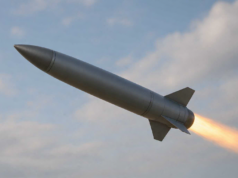
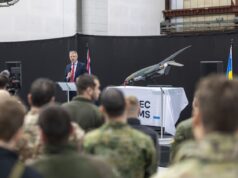

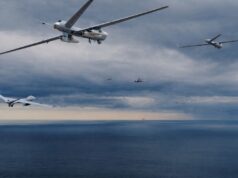
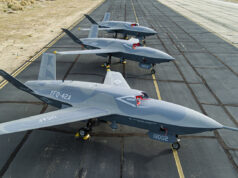
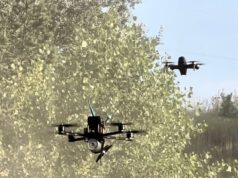
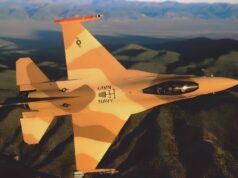


It’s not just UAV’s, it’s how do you test things within an integrated force structure: land, sea and air. That means you need a permissive coastal testing area for all the domains, with multiple civil regulator buy-in.